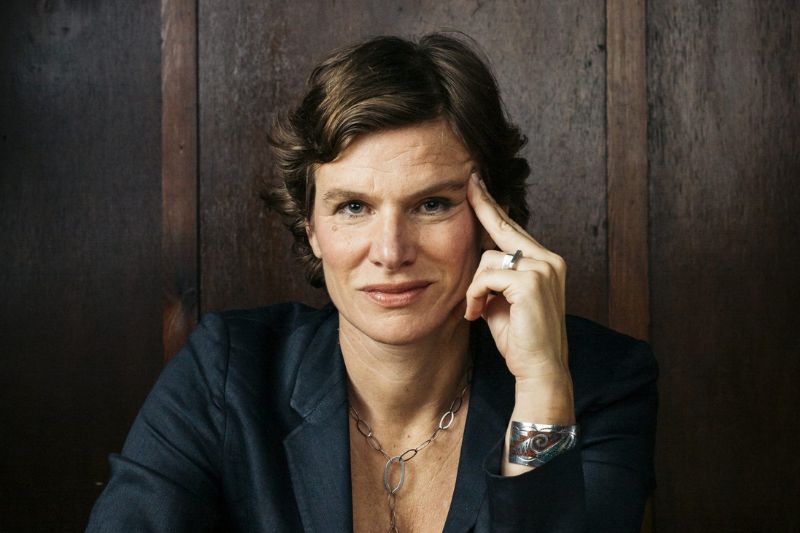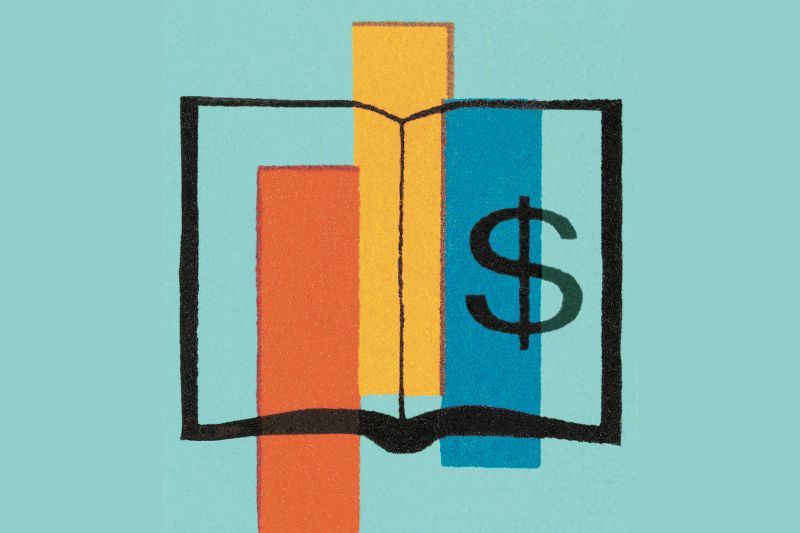Keywords: Global Financial Crisis
There are more than 200 results, only the first 200 are displayed here.
-

AUSTRALIA
- James Massola
- 13 June 2023
2 Comments
In a year defined by surging living expenses, RBA Governor Philip Lowe finds himself the object of public ire, his failed rate predictions and aggressive anti-inflation measures becoming a litmus test for the enduring effects of a global crisis. Will the Labor party dare sever ties with Lowe, or will they allow him to continue wielding the hammer, regardless of the mounting human cost?
READ MORE
-

RELIGION
- Bruce Duncan
- 01 June 2023
2 Comments
Prominent figures such as Australia's Treasurer Jim Chalmers and Pope Francis are turning to economist Mariana Mazzucato for insights on reforming the neoliberal capitalist system. Her vision for an equitable and sustainable global economy, aligned with the UN Sustainable Development Goals, is influencing key discussions on economic fairness worldwide.
READ MORE
-

AUSTRALIA
- Joshua Lourensz, Vin Martin
- 15 May 2023
2 Comments
Budget papers reveal an expected rise in the unemployment rate from 3.5 per cent to 4.25 per cent by June 2024. While the increase is portrayed as modest, it translates to an additional 144,900 people becoming unemployed. The focus must remain on the human stories behind the numbers during this uncertain period of economic recovery.
READ MORE
-

ECONOMICS
- David James
- 03 April 2023
As the collapse of Silicon Valley Bank, Signature Bank, and Credit Suisse poses a renewed threat to the global financial system, the question arises: how can we manage out-of-control debt? With global debt exceeding 230 per cent of GDP, could nationalising banks be the solution to the ongoing crisis, or will the debt merry-go-round continue to spin out of control?
READ MORE
-

AUSTRALIA
- John Falzon
- 23 March 2023
11 Comments
As jobseeker payments are indexed for inflation, increased payments are still well below the minimum wage and age pension. With successive neoliberal governments dismantling social infrastructure, people living in poverty have little means of escape. Poverty is not a personal choice but a political one.
READ MORE
-

RELIGION
- David Halliday
- 17 March 2023
8 Comments
Over 17,000 women worldwide have called for Church reform in a newly published survey by Catholic Women Speak Network. Respondents from 104 countries expressed dissatisfaction with a lack of transparency in governance and voiced the need to be seen, heard and valued.
READ MORE 
-

AUSTRALIA
- David Halliday, Peter Mares, John Falzon, Nicola Nemaric, Rae Dufty-Jones
- 18 November 2022
1 Comment
Despite rising interest rates and the recent dip in property values, Australia’s housing situation places it among the least affordable property market in the world. With a rise in homelessness and younger Australians locked out of an inflated housing market, what is the way forward for Australia?
READ MORE 
-

ECONOMICS
- David James
- 16 November 2022
1 Comment
Financial markets are made up of human beings and human beings have always been storytellers — long before science, or modern finance, or accounting even existed. Accordingly, the main skill of successful analysts, advisers, financial gurus and commentators is the construction of compelling narratives. They are, if not exactly creators of fairy stories, not too far removed from it.
READ MORE 
-

ECONOMICS
- David James
- 28 October 2022
Who wields the most power in the world? If one follows the money trail, it becomes clear that Western societies have become ruled by a new type of aristocracy: a management aristocracy.
READ MORE 
-

ECONOMICS
- David James
- 18 October 2022
3 Comments
The world is facing cross-currents: a collapsing financial system that is balanced by the benefits of massive, long term improvements in production efficiencies, mainly because of technological advances. It is a bad news/good news story that can only be seen accurately if the intractable errors of contemporary economics are jettisoned. We are in a battle between finance fictions and reality.
READ MORE 
-

ECONOMICS
- David James
- 03 October 2022
5 Comments
For Europe, especially Germany, there should be enough gas in storage to limp through winter but by next spring there may be severe trouble. The leaders of Europe and the United States expected that they would win the economic war against Russia and force the invader to withdraw. Not only did that not happen, it is likely to lead to severe unintended economic consequences.
READ MORE 
-

ECONOMICS
- David James
- 23 August 2022
4 Comments
Now that it is becoming hard to avoid just how much trouble the global financial system is in, it is interesting to speculate about what should be done about it. The first thing to understand about the global financial system is that the assumptions that were used to shape it are demonstrably false.
READ MORE 